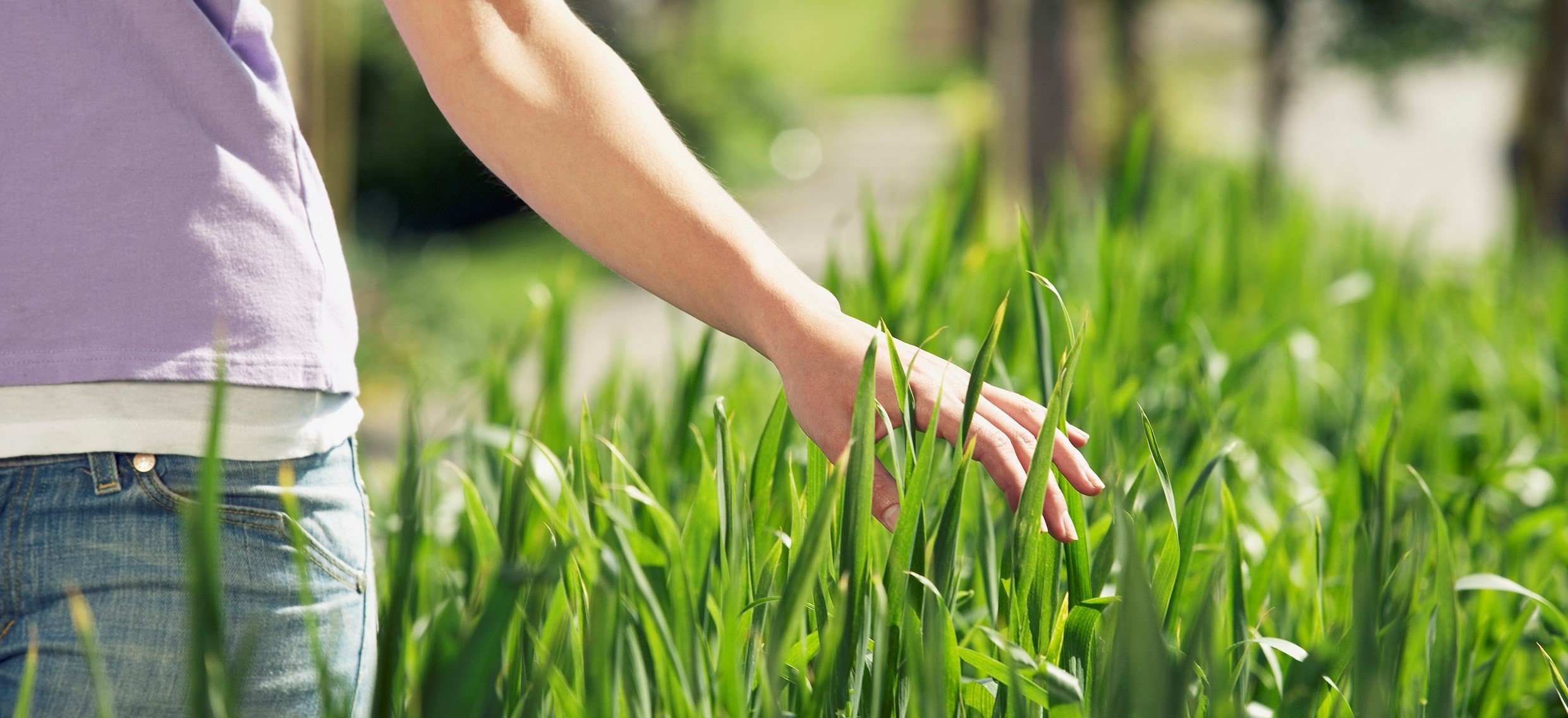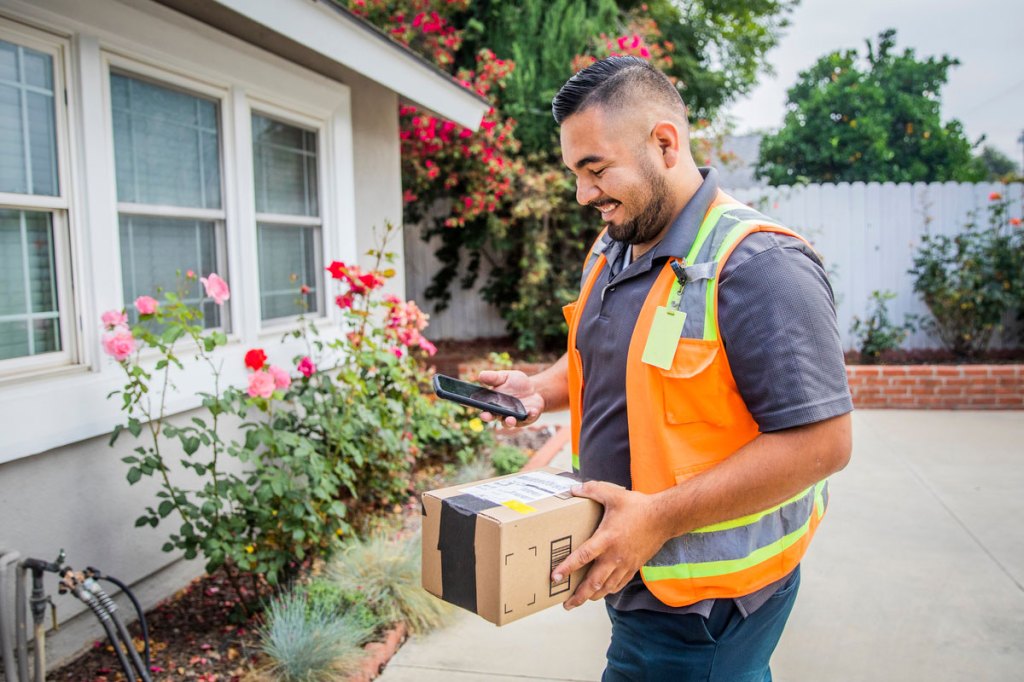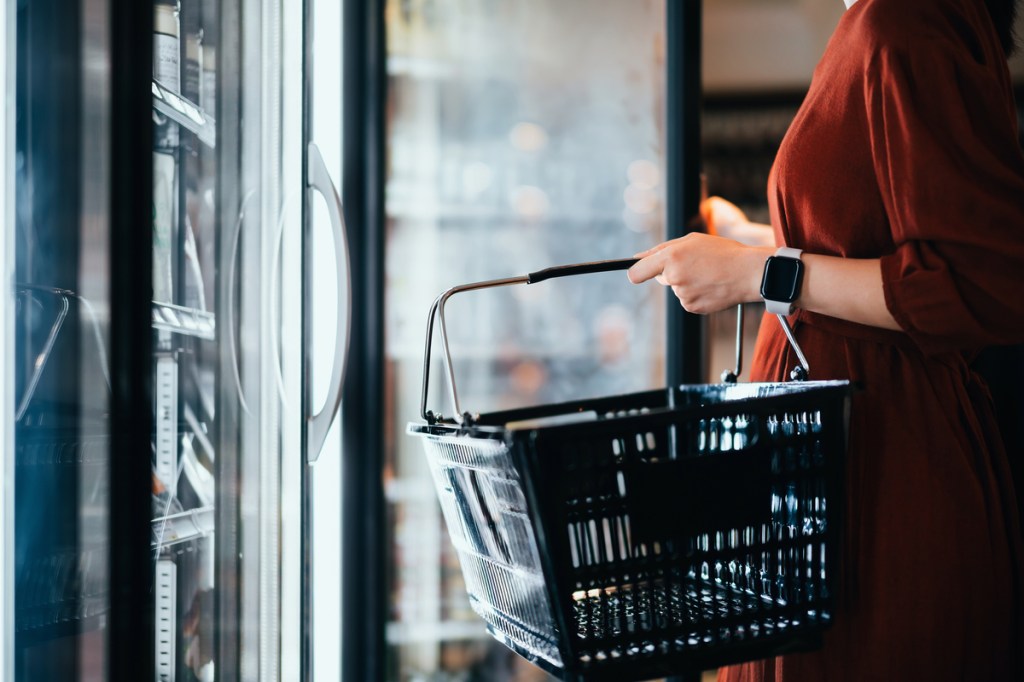By Karolien Smets
Team Lead Marketing and Consumer Intelligence, GfK

Ecology and sustainability have entered the world of buzz words, in the charming company of ‘agile’, ‘customer value’ and ‘brand identity’. All jokes aside, of course there’s a reason why buzz words are exactly that: Because what they represent matters. In fact, ecology has clearly become more important for consumers in the past years in Belgium, as evidenced by GfK’s yearly Consumer Life barometer: From 42% of Belgians highly valuing ‘preserving the environment’ in 2016 to a striking 51% in 2021, it is clear that Belgian consumer attitudes have become greener.
Mind the gap
However, among several stakeholders closely looking into these consumers, a lingering gut feeling is present that there is a certain ‘all talk and no action’ component tied to consumers’ positive eco attitudes. It is in fact difficult to reconcile the seemingly opposing actions of Gen Z activists chanting pro-environmental slogans in the streets of Brussels, but at the same time leaving behind a dump in parks and at festivals. Or think about the average Belgian’s strong attachment to their car, even for short trips to the grocery store on the next street, while still attaching value to preserving the environment. When talking to our clients, the strong emphasis on ecology in consumer minds sometimes takes them by surprise, as they see virtually no willingness in consumers to go the extra mile and pay a bit more for sustainable options. Insights throughout the years prove this as well: Whereas for half of the Belgian consumers preserving the environment is a significant value, only 13% actually go out of their way to make sacrifices for the planet. Consumers seem to attribute taking responsibility for environmental aspects more to brands and companies. So this got us wondering: How big is the attitude-behavior gap in ecology and sustainability in reality? Could this possibly differ depending on the category of behaviors we scrutinize?
Sustainability for the win… sometimes
In a recent inquiry among 3000 respondents, we dove into the potential attitude-behavior gap in ecology of our fellow Belgians. Through this research, GfK found that most of the tested sustainable behaviors are only done by at maximum half of the population. However, there are exceptions: Some more general behaviors that could be classified as sustainable but do not belong to a specific industry are clearly already part of the default consumer action set. Behaviors such as recycling, only throwing away things that are broken, and reducing consumption of energy and water are engaged in by around 3 out of 4 Belgians, making them the most popular sustainable behaviors. Next to these more general behaviors, consumers also evidenced to be more inclined to demonstrate sustainable behavior in industries such as Food and Travel. Consciously choosing seasonal foods ranks the highest within Food with more than half of Belgians indicating they are preoccupied with it. Within the Travel industry, the most practiced sustainable behavior is wanting to reduce taking the plane or avoiding it altogether.

What came first?
However, for some or maybe even all of these behaviors, one could ask themselves whether consumers are preoccupied with these out of a true sustainability mindset or whether the fact that it might financially benefit them or even was pushed by the corona crisis plays more of a crucial role here. By asking consumers who engage in the sustainability behaviors that were defined what was the core root of their change in behavior, we aimed to solve this riddle: What came first, sustainability attitude change, financial benefit or (again) that dreadful corona crisis?
For the set of frequently done general sustainability behaviors, recycling behavior changes are clearly due to a change in the individual itself with respect to sustainability and the environment. However, for around 70% of consumers who recycle, this is not a recent change. For a behavior such as reducing consumption of energy and water, it’s not necessarily (merely) a shift in sustainability attitude but there evidently also is a strong influence of the rising prices which impacted the behavior change: For 1 in 3 consumers, their behavior change during the past 2 years was due to the strong increases in prices. The noticeable changes in the Food industry are more inherently a consequence of sustainability attitudes changes, especially when it comes to eating (red) meat. One in 3 consumers has changed their meat-eating behavior in the past 2 years because of a change in attitude with respect to sustainability. Not surprisingly, sustainable behaviors in Travel are more strongly impacted by the corona crisis. However, this is not the main trigger: The effect of increasing prices and a fundamental change in sustainability mindset plays an equally important role here, and are stronger than the (after-) effect of the corona crisis. However, despite a certain focus on sustainability, Travel is still clearly deemed the most difficult category to demonstrate sustainable behavior in: Around 20% of consumers indicate this to be the most difficult one, followed by Automotive.
Already there in mindset, but not in behavior
Most sustainable behaviors were a focus point for less than 50% of Belgians. But what about the attitudes of these consumers? On the sustainability attitude spectrum of things, it becomes evident that many more Belgians are at least a shade of light green: 3 out of 4 Belgians show a green attitude in one way or another, which is evidently higher than the on average 50% of Belgians who showcase the specific sustainable behaviors. This already hints at the existence of the attitude-behavior gap but is only exacerbated when we take a look at the exact attitudes. Belgian consumers are even more green in attitude when it’s not about their individual behavior in terms of making sacrifices or feeling green guilt, but about expectations towards brands and companies (85% expect brands and companies to be environmentally friendly) and generic sustainability statements that don’t require any direct individual change (88% think conservation of nature is of great importance).

Mind the gap and work with it
It is crystal clear that Belgians are open and willing to become greener. However, a first important step for them to start acting on this is making them see ecological behavior more clearly and outward demonstrated in the strategies of brands and companies. A second important step is, not surprisingly in these dire economic times, related to financial benefits: The main barrier to engage in more sustainable behavior is related to it being too expensive. Consequently, an extra push to become more involved in sustainable behavior could be established by emphasizing the financial benefit they get from it. For instance, reducing consumption of energy and water is good for the environment but also for the Belgian’s wallet, which makes it feel less like a sacrifice and more of a win-win situation. All in all, yes, Belgians are a shade of light green but there clearly is still distance to be covered.
#GrowthfromKnowledge



